What a negotiated peace means for Ukraine as the Russian invasion becomes a war of attrition | Russia preparing for "big, colossal war" with NATO, says Major General | Russia's Putin lashes out at the U.S. and claims victory over sanctions | Ukraine war: Russia's military campaign hindered by the rivers in Donbas | FBI arrests Michigan governor candidate Ryan Kelley | Healthcare Cybersecurity: Some Progress, Still Problems
Michael Novakhov's favorite articles on Inoreader
Russian state television has again pushed the idea that the war in Ukraine could escalate, with one guest warning that the world should be prepared for a "colossal" conflict involving NATO.
Programs on the channel Russia-1 have repeatedly promoted the prospect of the Russian invasion of Ukraine spreading beyond the country's borders. On Wednesday, the host of Evening with Vladimir Solovyev revisited the theme, starting his show with a monologue in which he said he had a "feeling that we don't fully understand the gravity of this moment."
Solovyev questioned why a war, which while "intensive" is in "no way an extraordinary conflict" in global terms, "was causing "such a crazy reaction in the West?"
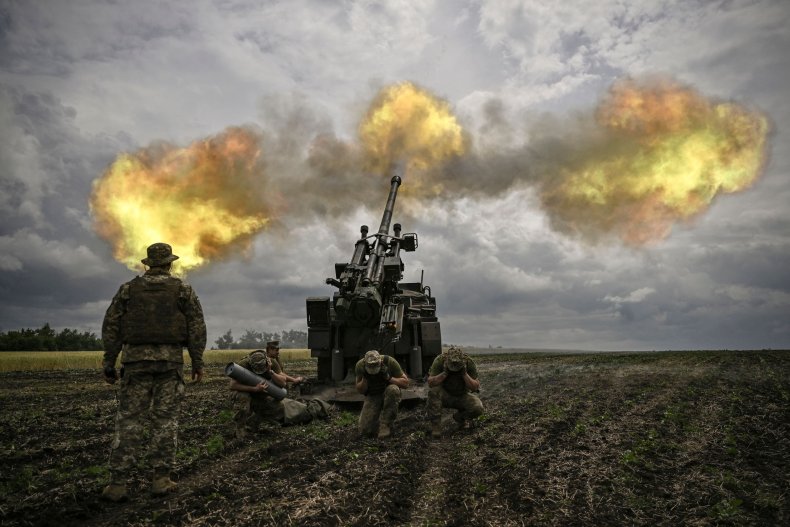
"Now they're contemplating getting directly involved," Solovyev said, referring to the West. With western aid to Ukraine a pet peeve for the show's guests over the last few weeks, Solovyev said that the Baltic states, Poland, and the United Kingdom comprised an "entirely new alliance" that will get involved in the war, "and the rest of NATO will follow."
One of the show's panelists spoke about "NATO's involvement in a nuclear arms race" which could lead to a "potential nuclear conflict." Andrey Gurulyov, the State Duma deputy and former deputy commander of Russia's southern military district, then weighed in, criticizing former NATO commander Wesley Clark this week for saying that the war in Ukraine "cannot be stopped without NATO intervention."
"It's better not to react or respond to his statements. A dog barks and the wind carries the noise," Gurulyov said as he boasted that Russia could use up to "100 missiles per day" in Ukraine by the end of the year.
Current mood in Russia: they are not interested in peace or negotiations. The host suggests striking Germany. Pundit Alexander Sosnovsky—who lives in Germany—agrees with that idea. State Duma member, Major General Andrei Gurulyov says that Russia is ready for a big, colossal war. pic.twitter.com/JdVPZq7QLy
— Julia Davis (@JuliaDavisNews) June 16, 2022
When asked by Solovyov whether Russia was holding back on tapping its military resources because President Vladimir Putin was keeping them free for a potential fight with NATO, Gurulyov said "we're obligated to consider such a possibility."
"We have to consider every option up to a big colossal war and be ready for it." When Solovyov asked if Russia was ready for such a scenario, Gurulyov replied, "We are ready."
The video was tweeted by journalist and Russia-watcher Julia Davis, who wrote: "current mood in Russia: they are not interested in peace or negotiations...State Duma member, Major General Andrei Gurulyov says that Russia is ready for a big, colossal war."
Amid concerns about the war in Ukraine escalating and how NATO can help Ukraine, Moscow has repeatedly said that it would not use nuclear weapons.
However, Kremlin spokesman Dmitry Peskov evaded the question about nuclear arms on Thursday, telling RIA Novosti, "I believe that the media should be professional enough not to ask such questions."
Newsweek reached out to NATO for comment.

MOSCOW — Russian President Vladimir Putin issued a scathing critique of the United States Friday in what the Kremlin billed as a major speech — blaming the U.S. rather than Russian military actions in Ukraine for fostering crises in global relations, food security, inflation and trade.
Americans "think of themselves as exceptional. And if they think they're exceptional, that means everyone else is second class," Putin said in a more than 70-minute marquee address at the annual St. Petersburg International Economic Forum.
In contrast, Putin presented Russia as part of a new global order willing to challenge an America still clinging to its past status as the world's lone superpower.
"Nothing lasts forever," Putin said.
"Only strong and sovereign governments can speak their minds in this newborn world order — either that or they're destined to remain colonies" of the U.S. without rights, he later added.
The war in Ukraine and Western sanctions also figured heavily in the Russian leader's speech, which was delayed by more than an hour after a cyberattack disrupted the security systems.
The Kremlin labels the conflict in Ukraine a "special military operation" and forbids calling it a war or invasion under penalty of law.
On the same day that the European Commission recommended that Ukraine be granted EU candidacy, Putin said he had no objection to Ukraine's bid for membership. "The EU isn't a military organization, so Russia is not against Ukraine joining the EU," he said.
Putin insisted Russia would meet "all its goals" in Ukraine — which he notably defined as "freedom for the Donbas," the eastern Ukrainian region where Russian troops are locked in fierce fighting with Ukrainian forces. Putin had initially pursued regime change in Kyiv.
Putin also repeated earlier assertions that a "blitzkrieg" of Western sanctions had failed to destroy the Russian economy, as hoped by the West. The Kremlin's own economic development minister, however, expects the country's economy will shrink by 7.8% this year, and the central bank chief said it's unlikely to bounce back soon.
But in Putin's view, sanctions primarily damaged the very countries issuing them. He pointed to the European Union in particular as having committed "economic suicide" by cutting back on Russian natural gas and oil imports that much of the EU relies on.
Putin acknowledged that Western sanctions presented Russia with challenges — including a sudden lack of some consumer goods — but argued that Russia would come out stronger in the long run.
"What is more important for us? To be independent, self-sufficient and guarantee our own future development?" said Putin. "Or to have some cardboard packaging today?"
Turnout was also lacking
The forum — which organizers often bill as "the Russian Davos" and is marking its 25th year — was notable for its lack of high-profile political and business leaders. Representatives from about 90 countries were signed up to attend, compared with 140 countries reported last year, according to The Associated Press.
In what critics took as a symbol of Russian isolation amid the conflict in Ukraine, this year's featured guests included a Russian-speaking robot, a member of Afghanistan's Taliban and the Kremlin-backed leaders of separatist, self-proclaimed "republics" in Ukraine's Donbas.
And Kazakhstan's President Kassym-Jomart Tokayev, the lone head of state to join Putin onstage, seemingly upbraided his host when he said his country was unlikely to join Russia in recognizing "quasi-governments" in the Donbas.
"If the right to self-determination is to be realized everywhere on the planet, then instead of 193 governments on Earth, there will be 500 or 600," Tokayev said. The hall's audience went quiet.
"Of course, it will be chaos."
9(MDAyMjQ1NTA4MDEyMjU5MTk3OTdlZmMzMQ004))
Wars often erupt and persist because of the two sides’ miscalculations regarding their relative power. In the case of Ukraine, Russia blundered badly by underestimating the resolve of Ukrainians to fight and the effectiveness of NATO-supplied weaponry. Yet Ukraine and NATO are also overestimating their capacity to defeat Russia on the battlefield.
The result is a war of attrition that each side believes it will win, but that both sides will lose. Ukraine should intensify the search for a negotiated peace of the type that was on the table in late March, but which it then abandoned following evidence of Russian atrocities in Bucha — and perhaps owing to changing perceptions of its military prospects.
The peace terms under discussion in late March called for Ukraine’s neutrality, backed by security guarantees and a timeline to address contentious issues such as the status of Crimea and the Donbas. Russian and Ukrainian negotiators stated that there was progress in the negotiations, as did the Turkish mediators.
The negotiations then collapsed after the reports from Bucha, with Ukraine’s negotiator stating that, “Ukrainian society is now much more negative about any negotiation concept that concerns the Russian Federation.”
But the case for negotiations remains urgent and overwhelming. The alternative is not Ukraine’s victory but a devastating war of attrition. To reach an agreement, both sides need to recalibrate their expectations.
When Russia attacked Ukraine, it clearly expected a quick and easy victory. Russia vastly underestimated the upgrading of the Ukraine military following years of U.S., British, and other military support and training since 2014. Moreover, Russia underestimated the extent to which NATO military technology would counter Russia’s greater number of troops. No doubt, Russia’s greatest error was to assume that the Ukrainians would not fight — or perhaps even switch sides.
Yet now Ukraine and its Western supporters are overestimating the chances of defeating Russia on the battlefield. The idea that the Russian army is about to collapse is wishful thinking. Russia has the military capacity to destroy Ukrainian infrastructure – such as the rail lines now under attack – and to win and hold territory in the Donbas region and on the Black Sea coast. Ukrainians are fighting resolutely, but it is highly unlikely that they can force a Russian defeat.
Nor can Western financial sanctions, which are far less sweeping and effective than the governments that imposed them acknowledge. U.S. sanctions against Venezuela, Iran, North Korea, and others have not changed the politics of those regimes, and the sanctions against Russia are already falling far short of the hype with which they were introduced. Excluding Russian banks from the SWIFT international payments system was not the “nuclear option” that many claimed. According to the International Monetary Fund, Russia’s economy will contract by around 8.5% in 2022 — bad but hardly catastrophic.
Moreover, the sanctions are creating serious economic consequences for the United States and especially Europe. U.S. inflation is at a 40-year high and is likely to persist because of the trillions of dollars of liquidity that had been created by the Federal Reserve in recent years. At the same time, the U.S. and European economies are slowing, perhaps even contracting, as supply-chain disruptions proliferate.
President Joe Biden’s domestic political position is weak and likely to weaken further as economic difficulties mount in the coming months. Public support for the war will also likely diminish as the economy sours. The Republican Party is split over the war, with the Trump faction not much interested in confronting Russia over Ukraine. The Democrats, too, will increasingly resent the stagflation that is likely to cost the party its majority in one or both houses of Congress in the November midterm elections.
The adverse economic fallout from the war and sanctions regime will also reach dire proportions in dozens of developing countries that depend on food and energy imports. Economic dislocations in these countries will lead to urgent calls worldwide to end the war and sanctions regime.
In the meantime, Ukraine continues to suffer grievously in terms of deaths, dislocation, and destruction. The IMF now forecasts a 35% contraction of Ukraine’s economy in 2022, reflecting the brutal destruction of housing, factories, rail stock, energy storage and transmission capacity, and other vital infrastructure.
Most dangerous of all, as long as the war continues, the risk of nuclear escalation is real. If Russia’s conventional forces were actually to be pushed toward defeat, as the U.S. is now seeking, Russia might well counter with tactical nuclear weapons. A U.S. or Russian aircraft could be shot down by the other side as they scramble over the Black Sea, which in turn could lead to direct military conflict. Media reports that the U.S. has covert forces on the ground, and the U.S. intelligence community’s disclosure that it helped Ukraine kill Russian generals and sink Russia’s Black Sea flagship, underscore the danger.
The reality of the nuclear threat means that both sides should never forgo the possibility of negotiations. That is the central lesson of the Cuban Missile Crisis, which took place 60 years ago this coming October. President John F. Kennedy saved the world then by negotiating an end to the crisis — agreeing that the U.S. would never again invade Cuba and that the U.S. would remove its missiles from Turkey in exchange for the withdrawal of the Soviet missiles from Cuba. That was not giving in to Soviet nuclear blackmail. That was Kennedy wisely avoiding Armageddon.
It is still possible to establish peace in Ukraine based on the parameters that were on the table at the end of March: neutrality, security guarantees, a framework for addressing Crimea and the Donbas, and Russian withdrawal. This remains the only realistic and safe course for Ukraine, Russia, and the world.
FBI - The News And Times Review | The Very Strange Case of Larry Nassar | Larry Nassar loses last appeal in sexual assault scandal | Nassar survivors file claims against FBI, seeking $130M in damages | After 2 losses, Michigan AG won’t appeal Nassar-related case | Larry Nassar: A timeline of the s...
The suspects had burglary tools, cameras and film, and three pen-size tear gas guns in their possession. The rest is history... #Watergate50
French President Emmanuel Macron stressed the bloc’s support after his visit to Kyiv on June 16, writing on Twitter that “Ukraine is not dead yet,” the first line of the Ukrainian anthem.
We want them to live with us the European dream.
Perfect time for US to pull out and let the countries of NATO to finally do their share.
They need this opportunity to assist Ukraine, who has been doing amazing work
buff.ly/3n3M2Op

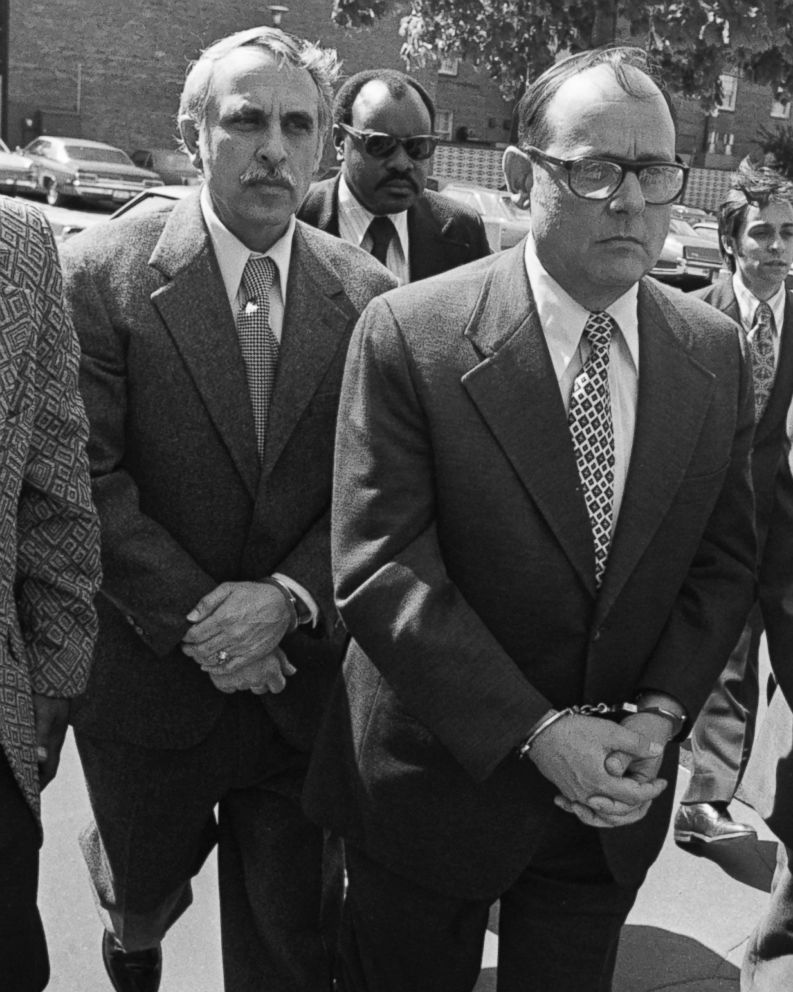
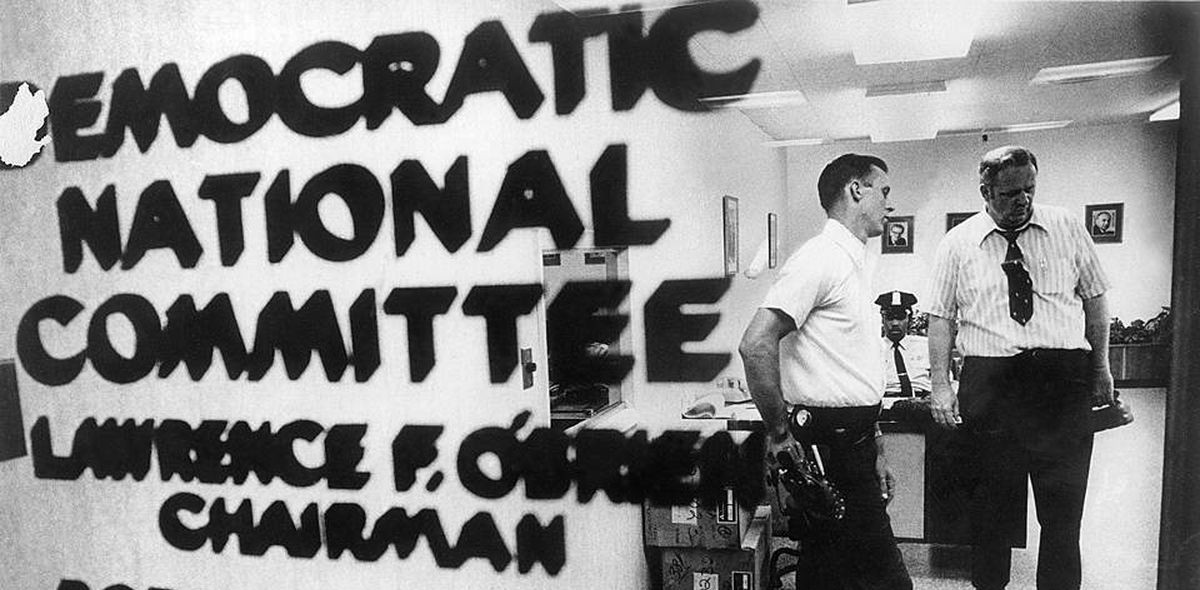
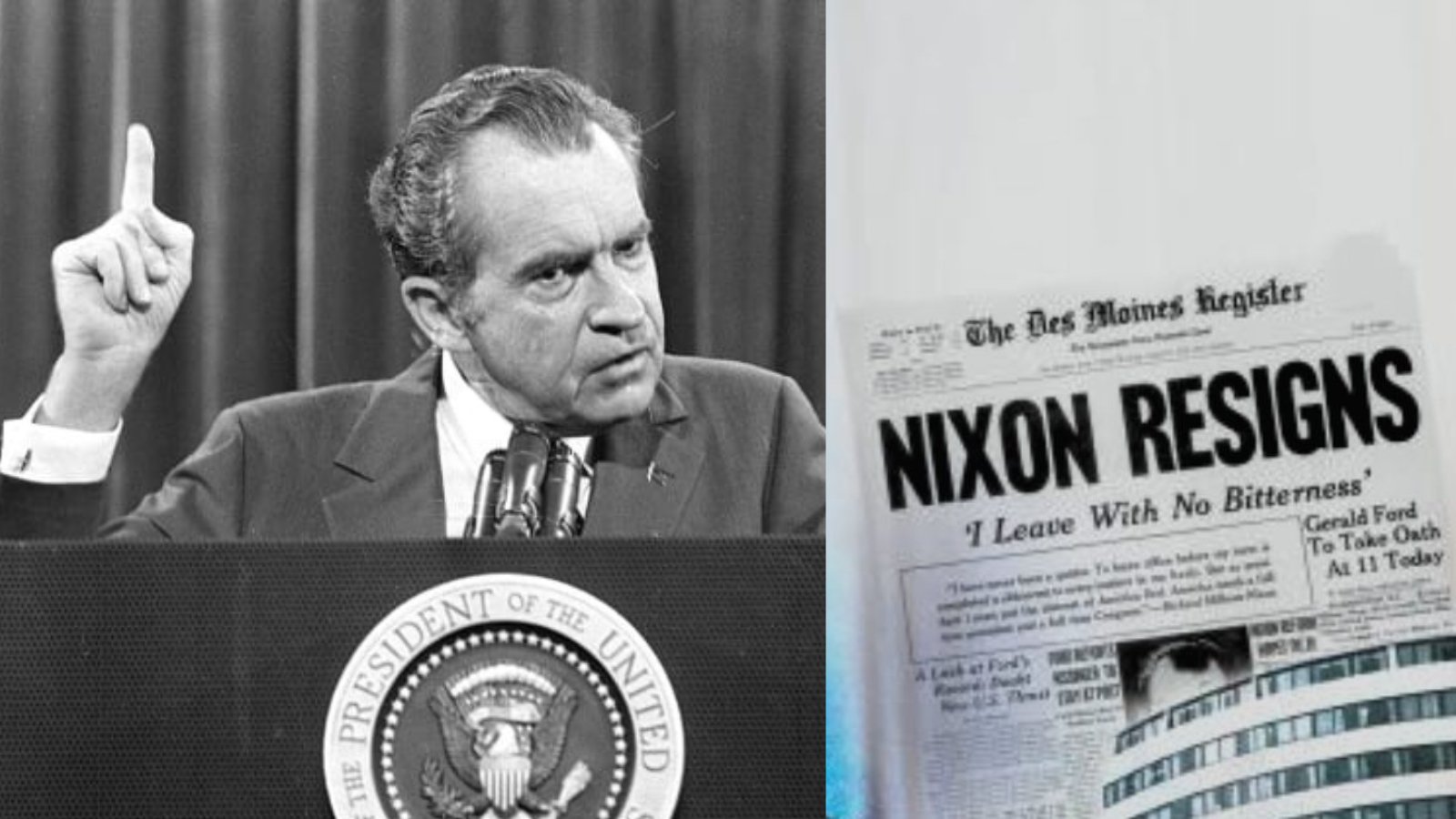
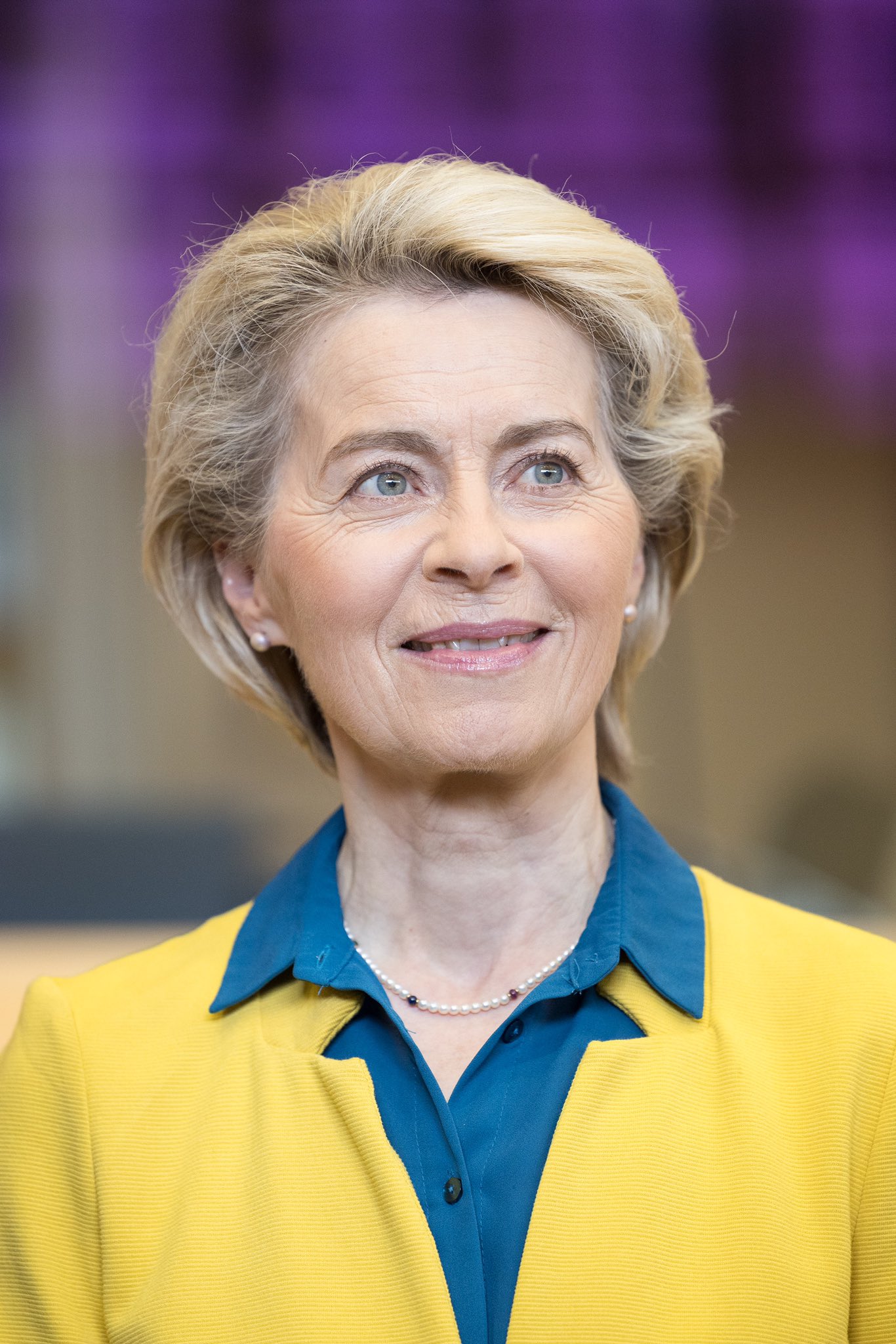
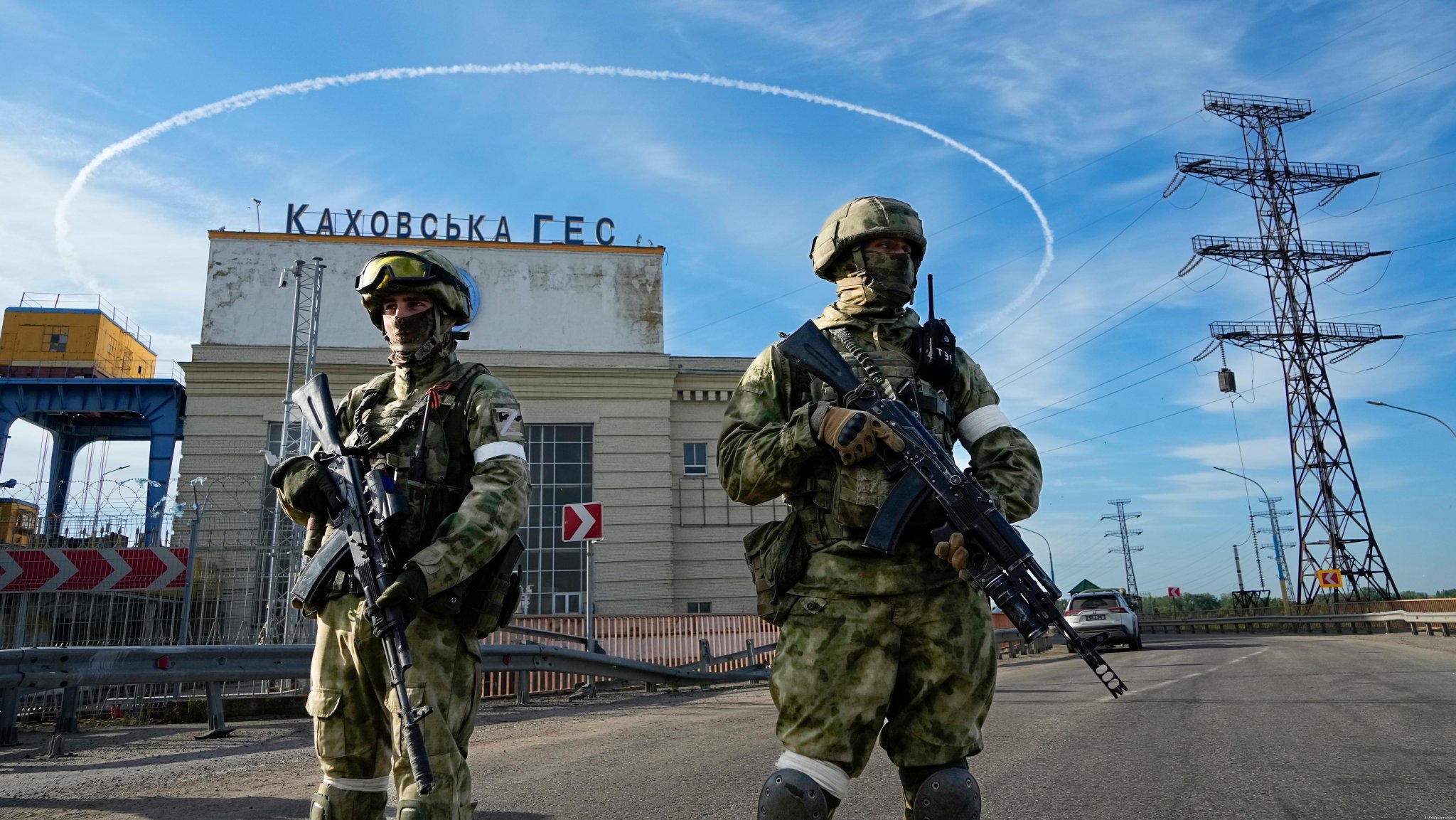


Comments
Post a Comment